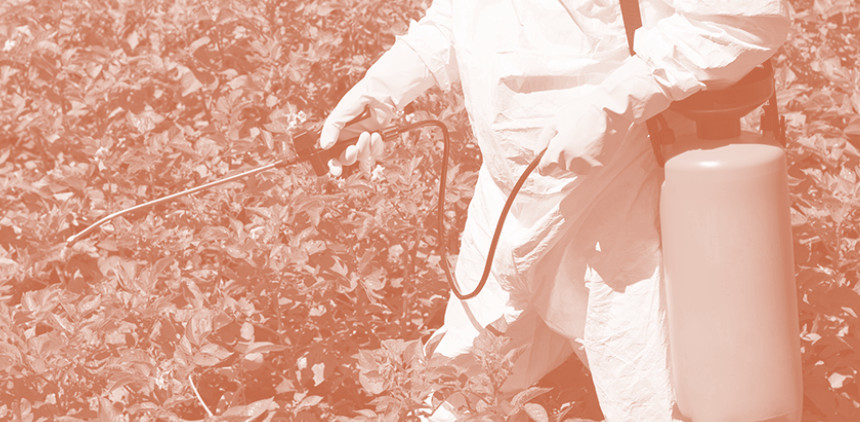Controversial chemicals allowed near Reef
 Roundup and glyphosate have been given the tick of approval for use in World Heritage wet tropics.
Roundup and glyphosate have been given the tick of approval for use in World Heritage wet tropics.
The Queensland Government’s Wet Tropics Management Authority (WTMA), which manages the World Heritage-listed wet tropics area in Far North Queensland, has begun issuing permits for councils to use Roundup and glyphosate to kill problem weeds.
Roundup is one of the most common weed killers in the world. But the glyphosate it contains has been classified as a probable carcinogen.
The nations of Denmark, Belgium, France, Austria, Germany, and Italy have all banned its use.
A spokesperson from the WTMA says the products are needed for maintenance activities on council-managed assets.
“These permits set conditions for the use of glyphosate-based herbicide where mechanical weed removal is impractical or uneconomical,” the spokesperson said.
Spray Free FNQ is a volunteer environmental group that wants Roundup banned in Far North Queensland.
“We have a petition going on our website to put pressure on the councils to phase out the use of glyphosate in public areas and in environmentally sensitive areas,” Spray Free NQ spokesperson Kinan Lemberg says.
‘Glyphosate is being used as the cheap and easy option by councils to control weeds.”
Mr Lemberg said high rainfall in the area means Roundup could also be affecting the Great Barrier Reef.
“It's a water-soluble product and lots of our creeks and waterways lead into the Great Barrier Reef,” he said.
“This may not just be hurting the soil in the Wet Tropics area but also algae, seagrasses and the coral on the reef.”
The WTMA says it has told councils that “weedicides must be used selectively to avoid non-target plants. Surfactants must not be used in the vicinity of wetlands and waterways”.







 Print
Print